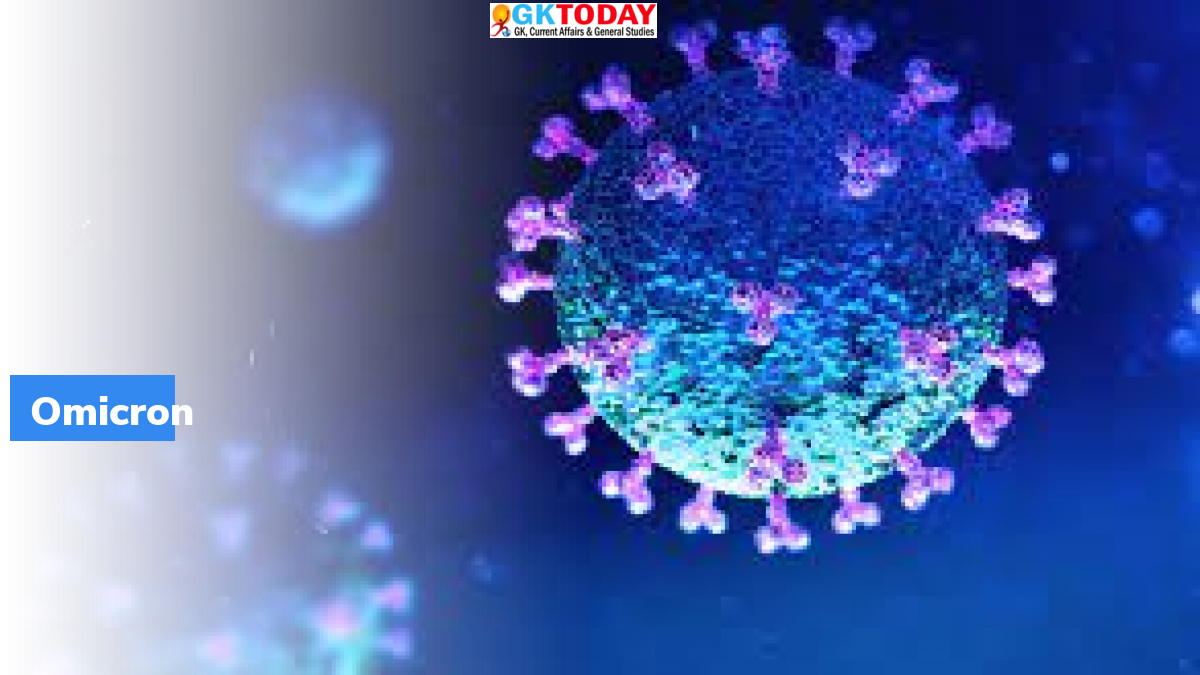Om: CSIR-CDRI RT-PCR kit for Omicron Variant
The scientists from ‘CSIR – Central Drug Research Institute’ have developed an indigenous RT-PCR kit called ‘Om’. This kit will be used to test the omicron variant.
Highlights
- Om kit is the first kit developed by any government institution for the omicron variant.
- It will make India self-reliant in RT-PCR diagnostics.
- The team comprises Dr. Atul Goel, Dr. Niti Kumar and Dr. Ashish Arora, at CSIR-CDRI.
- The indigenous RT-PCR kit ‘INDICoV-OmTM’ is among few specific kits to detect Omicron worldwide.
About “INDICoV-OmTM”
Om test kit will help in detecting omicron variant quickly and cost-effective manner, over genome sequencing for a large population. The kit was made within two months. It will cost around Rs 150. Further, it will provide the test results in two hours. The kit can also be aligned to detect other emerging variants of Covid infection and respiratory infections.
Approval of the kit
The kit will be launched by mid-February, once it gets approval from the Indian Council of Medical Research (ICMR). Kit has been referred to ICMR-National Institute of Virology (NIV) for validated.
Significance of the kit
The Om diagnostic kit will be used to specifically detect the omicron variant. Its detection will help in proper diagnosis and treatment of the patient. Most RT-PCR-based diagnostic kits do not confirm the covid variant causing the infection. Detection of omicron variant currently depends on tests like S-gene dropout or by Nextgen sequencing of whole viral genome.
Concerns associated with S-gene drop-out method
The S-gene drop-out method is not specific. It does not pinpoint the type of variant. The Nextgen sequencing method too, has certain limitations like expense, turnaround, and number of centres providing such service.
Reverse transcription polymerase chain reaction (RT-PCR)
RT-PCR is a laboratory technique, that combines reverse transcription of RNA into DNA. Amplification of DNA targets using polymerase chain reaction (PCR). It is used to measure the amount of specific RNA.
Month: Current Affairs - January, 2022
Category: Science & Technology Current Affairs


